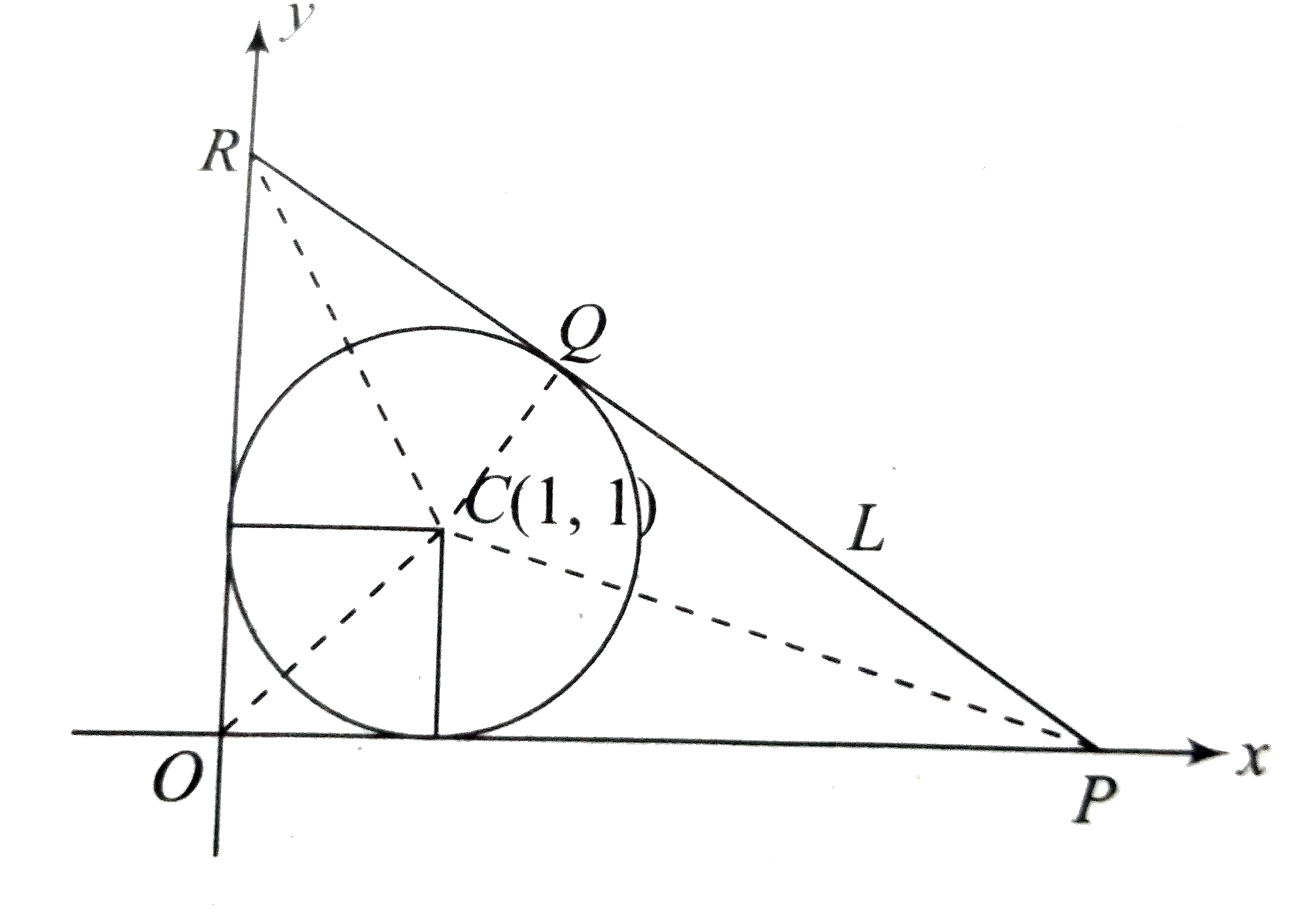If , then the sum of real part of roots of is equal to Solution in Bengali
The correct Answer is:D
The equations will have excactly n - 1 roots. We have
or
Therefore,z lies on the the right bisector of the segment connecting the points (0,0) and (-1,0). Thus . Hence roots are colliner and will have their real parts of roots is
Topper's Solved these Questions
- COMPLEX NUMBERSBOOK - CENGAGE PUBLICATIONCHAPTER - COMPLEX NUMBERSEXERCISE - MULTIPLE CORRECT ANSWERS TYPE
49 Videos
- COMPLEX NUMBERSBOOK - CENGAGE PUBLICATIONCHAPTER - COMPLEX NUMBERSEXERCISE - LINKED COMPREHENSION TYPE
36 Videos
- COMPLEX NUMBERSBOOK - CENGAGE PUBLICATIONCHAPTER - COMPLEX NUMBERSEXERCISE - EXERCISE3.11
6 Videos
- CIRCLESBOOK - CENGAGE PUBLICATIONCHAPTER - CIRCLESEXERCISE - Comprehension Type
8 Videos
- CONIC SECTIONSBOOK - CENGAGE PUBLICATIONCHAPTER - CONIC SECTIONSEXERCISE - All Questions
102 Videos
Similar Questions
If z=ω,ω2whereω is a non-real complex cube root of unity, are two vertices of an equilateral triangle in the Argand plane, then the third vertex may be represented by z=1 b. z=0 c. z=−2 d. z=−1
View SolutionIf ω is the complex cube root of unity, then find (1−ω+ω2)4
View SolutionIf a+(b+2a)i=1-4i, then find a and b.
View Solution
In the diagram as shown, a circle is drawn with centre C(1,1) and radius 1 and a line L. The line L is tangent to the circle at Q. Further L meets the y-axis at R and the x-axis at P in such a way that the angle OPQ equals θ where 0<θ<π2.
Coordinate of Q is
View SolutionGiven that A(1,1) and B(2,−3) are two points and D is a point on AB produced such that AD=3AB. Find the coordinates of D.
View SolutionIf n>1 , show that the roots of the equation zn=(z+1)n are collinear.
View SolutionIf n∈N>1 , then the sum of real part of roots of zn=(z+1)n is equal to n2 b. (n−1)2 c. n2 d. (1−n)2
View SolutionIf z is a complex number satisfying z+z^(-1)=1 then z^(n)+z^(-n),n in N, has the value
View SolutionIf ∣∣ ∣ ∣∣xnxn+2xn+3ynyn+2yn+3znzn+2zn+3∣∣ ∣ ∣∣
=(x−y)(y−z)(z−x)(1x+1y+1z), then n equals
View SolutionIf n∈N>1, find the sum of real parts of the roots of the equation zn=(z+1)n.
View SolutionIf z_(1),z_(2),z_(3),…,z_(n-1) are the roots of the equation z^(n-1)+z^(n-2)+z^(n-3)+…+z+1=0 , where n in N, n gt 2 and omega is the cube root of unity, then
View SolutionIf z=(cosθ+isinθ), show that zn+(1)/(zn)=2cosnθandz^(n)-(1)(z^(n))=2isinntheta
View Solutionयदि z एक सम्मिश्र संख्या जो z+z−1=1 को संतुष्ट करती है, तब zn+z−n,n∈N का मान होगा
View SolutionIf n>1 , show that the roots of the equation zn=(z+1)n are collinear.
View SolutionIf n∈N>1 , then the sum of real part of roots of zn=(z+1)n is equal to
View SolutionIf n is a natural number >2, such that zn=(z+1)n, then (a) roots of equation lie on a straight line parallel to the y-axis (b) roots of equaiton lie on a straight line parallel to the x-axis (c) sum of the real parts of the roots is −[(n−1)/2] (d) none of these
View Solution
